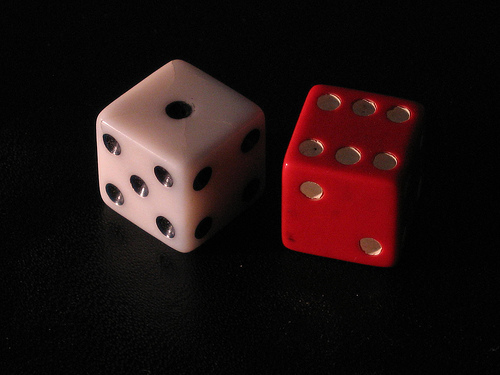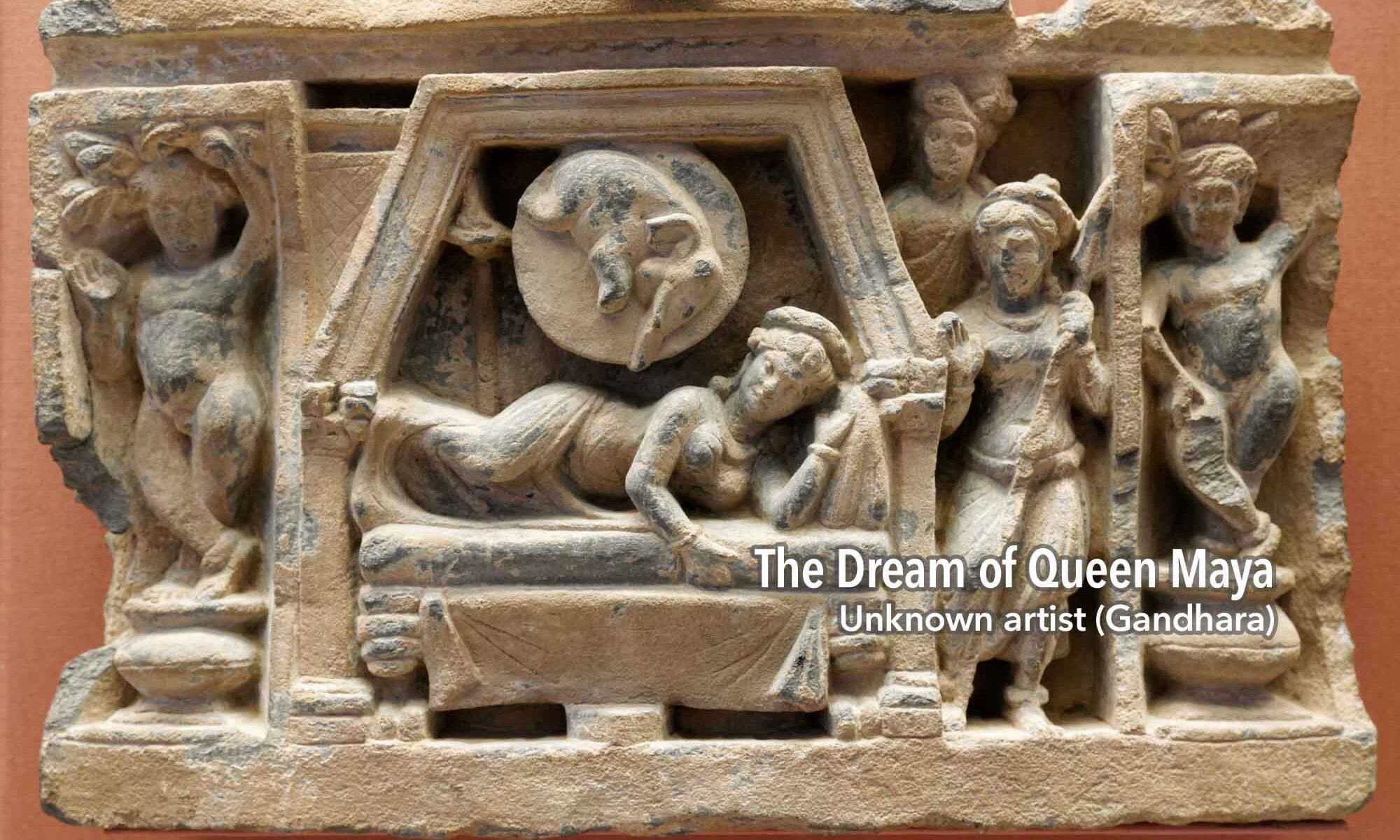 1. The most evil type of man is the man who, in his waking hours, has the qualities we find in his dream state.
1. The most evil type of man is the man who, in his waking hours, has the qualities we find in his dream state.
(Plato, The Republic, IX.571-576)
2. For a dream comes with much business, and a fool’s voice with many words….For when dreams increase, empty words grow many.”
(Ecclesiastes 5:3, 7)
3. I talk of dreams; which are the children of an idle brain, begot of nothing but vain fantasy; which is as thin of substance as the air, and more inconstant than the wind…
(Mercutio, in William Shakespeare, Romeo and Juliet, I.iv.102-106)
4. Dreams are a vanity, God knows, pure error. Dreams are engendered in the too-replete from vapours in the belly, which compete with others, too abundant, swollen tight.
(Pertelote to Chanticleer in “The Nun’s Priest’s Tale” of Geoffrey Chaucer’s The Canterbury Tales.)
5. The forebrain may be making the best of a bad job in producing even partially coherent dream imagery from the relatively noisy signals sent up to it from the brain stem.
(J. Allan Hobson and Robert McCarley, “The Brain as a Dream-State Generator,” 1977)
6. In this model, attempting to remember one’s dreams should perhaps not be encouraged, because such remembering may help to retain patterns of thought which are better forgotten. These are the very patterns the organism was attempting to damp down.
(Francis Crick and Graeme Mitchison, “The Function of Dream Sleep,” 1983)
7. Dreaming is a free-rider on a system designed to be conscious while we are awake, and which is designed to sleep…. So far, no hypothesis put forward requires that we think of dreaming as more than a side-effect of the relevant functions of sleep.
(Owen Flanagan, “Dreaming Is Not an Adaptation,” 2000)
